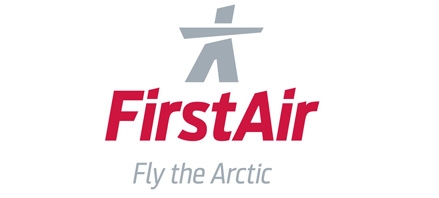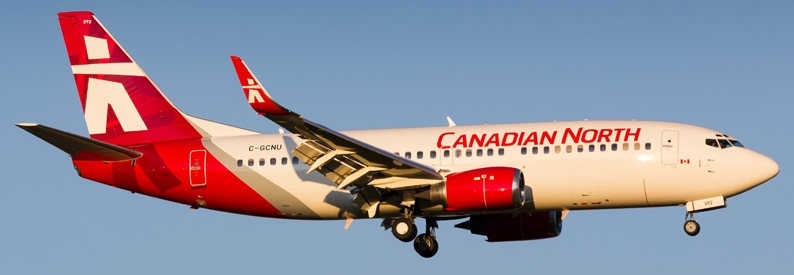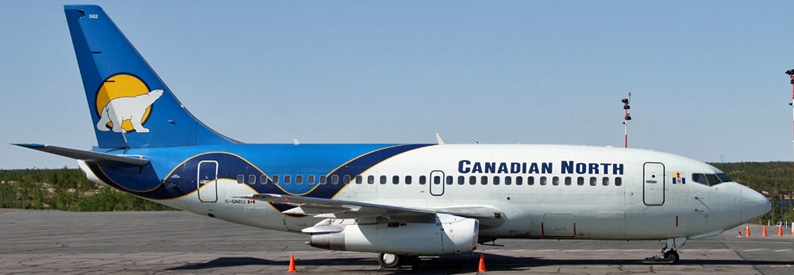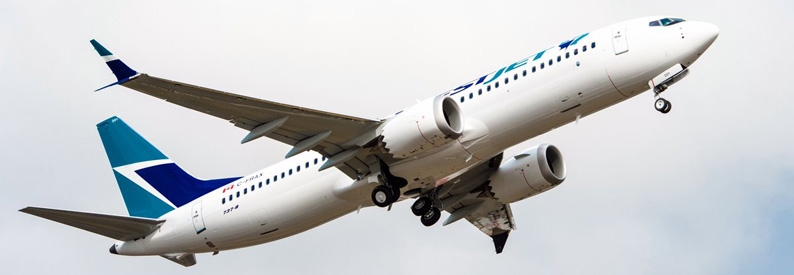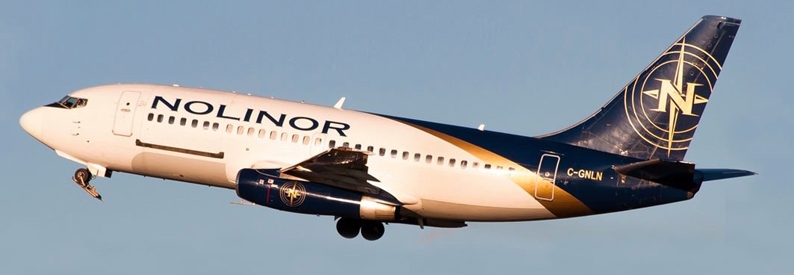First Air (Carp) has partnered the Ottawa Airport Authority and Aeroterm in submitting two separate applications to the Canadian government's National Trade Corridors Fund (NTCF). Announced in mid-2017, the NTCF provides financing for infrastructure projects that reduce bottlenecks and address capacity issues across the country's transportation network - in particular in Canada's northern regions.
In a statement, the wholly Inuit-owned airline said its first proposal addresses capacity issues at its cargo facilities at Ottawa International Airport. In this instance, it plans to increase warehousing and refrigeration capacity as well as modernizing technology all of which aim to reduce spoilage and delayed shipments.
In support of the project, the Ottawa Airport Authority has proposed realigning Alert Road to facilitate an expansion of First Air's existing maintenance hangar to the east. Aeroterm, the managing partner of Ottawa's FedEx shipping operation, would take over First Air's existing cargo warehouse to expand its facilities. Should the NTCF pledge the requested CAD8.75 million (USD6.88 million) in funding, the project could go ahead as early as this year with the realignment of Alert Road and would continue through to 2020/21 with construction of the new cargo facilities.
Brock Friesen, President and CEO of First Air, said, "We want to ensure that we not only meet the growing cargo demand of Canada's Arctic, but that we also continue to provide the best service possible in doing so. The Arctic communities depend on us on a daily basis, every day of the year. We take this role very seriously and are committed to modernizing our facilities to optimize service to the North."
The second, separate proposal pertains to a CAD17 million expansion project for First Air's Iqaluit cargo facilities.
As the carrier's Eastern Arctic hub, the expansion would facilitate the distribution of goods to over 11 smaller Nunavut communities and would include the construction of a larger warehouse to aid in ensuring the uninterrupted delivery of critical freight. This new facility would also include enhanced inventory management and delivery standards through increased refrigeration capacity and new radio frequency identification (RFID). It will also integrate Green technology into the design of the structures to maximize energy conservation.
The project in Iqaluit could start this year should adequate funding be availed.
In 2016, First Air says it shipped 19,400 tonnes of freight from Ottawa to Canada's Arctic communities, including food, mail, medical supplies, and other goods. With cargo demands expected to increase by 28% over the next five years, the carrier says it needs to ensure capacity exists at both ends of the process to support this growth.
According to the ch-aviation fleets module, First Air currently operates four ATR42-300(QC)s and three B737-400(M)s.
